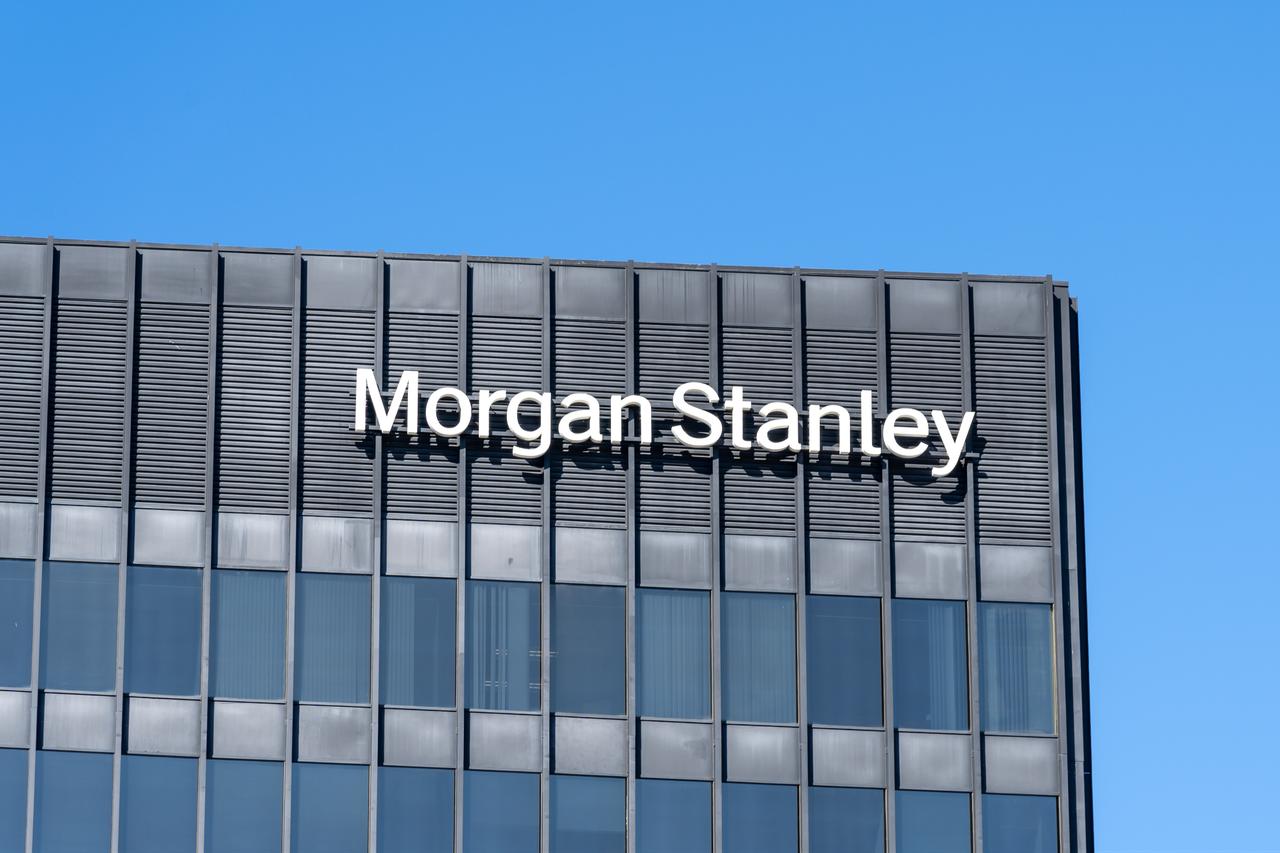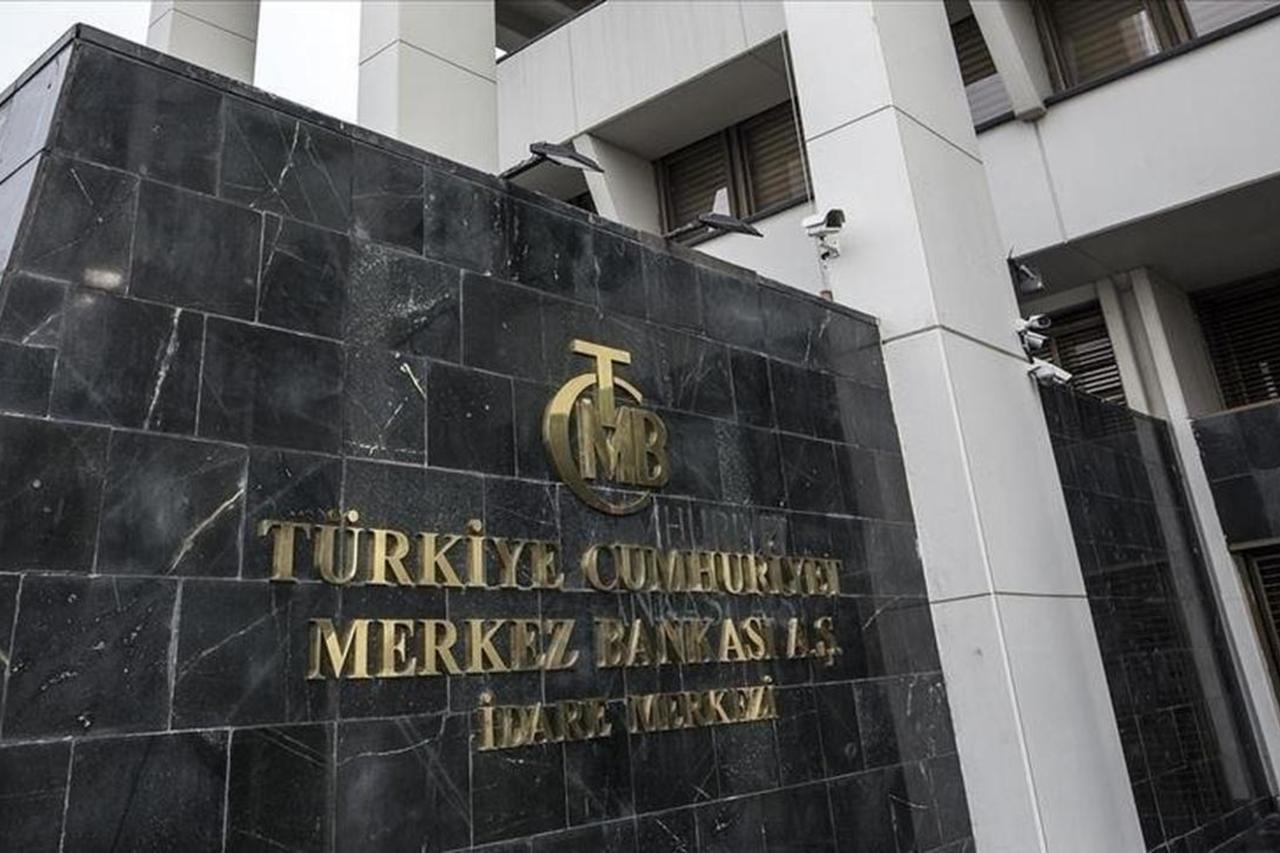
Morgan Stanley predicted Türkiye's policy interest rate will reach 37% by the end of 2025, while Standard Chartered reduced its September meeting rate cut expectation from 250 basis points to 200 basis points amid political developments affecting market sentiment.
Following recent political developments that created market uncertainty, Morgan Stanley forecast that Türkiye will maintain the course of its macroeconomic policies and provide "resilience against shocks."
According to a report published Tuesday following visits to Ankara and Istanbul, economists led by Hande Kucuk stated that the Central Bank of the Republic of Türkiye (CBRT) "has policy space (in terms of reserves, interest rates and macro-prudential tools) to support exchange rate stability and limit domestic savers' demand for foreign currency amid domestic developments."
Morgan Stanley estimated that, considering the resilience of domestic demand, stickiness in services inflation and high expectations, the disinflation process will continue next year but at a slower pace than the government's targets.
The report noted that the Medium Term Program "envisages weak growth and gradual fiscal consolidation to support disinflation and commits to making publicly determined wages and prices consistent with inflation targets."
According to the report's forecasts, inflation is expected to fall to 30% by year-end and to 21% by the end of 2026. The policy rate is estimated to be 37% by the end of 2025 and 26% by the end of 2026.
The report stated that real interest rates will remain relatively high in Türkiye. It also noted that with the continuation of the reform program, credit spreads will likely remain anchored in the near term.
Morgan Stanley highlighted that the CBRT has policy space to support exchange rate stability and meet local demand for foreign currency.

According to Standard Chartered's note, Türkiye's monetary policy is "likely to remain cautious" due to political developments.
The bank predicted that the interest rate cut at the Sept. 11 meeting would be 200 basis points instead of its previous forecast of 250 basis points.
Standard Chartered Economist Carla Slim cited "volatile domestic political ground," second-quarter gross domestic product (GDP) growth that came in better than expected, and August Consumer Price Index (CPI) data that was higher than anticipated as reasons for this adjustment.
"Political developments continue to pose downside risks for foreign exchange, inflation and interest rate dynamics," Slim said.

Slim predicted that disinflation will continue unless political developments translate into Turkish lira weakness and higher inflation expectations.
Morgan Stanley forecasted in its latest assessment of Türkiye's economy that the disinflation process will continue. The institution stated it expects inflation to decline to 30% by the end of 2025 and to 21% by the end of 2026.
The policy rate forecast was 37% by the end of 2025 and 26% by the end of 2026.
The report stated that real interest rates will remain relatively high in Türkiye. It also expressed that with the continuation of the reform program, credit spreads will likely remain anchored in the near term.
Morgan Stanley also noted that the Turkish central bank has policy space to support exchange rate stability and meet local foreign currency demand.